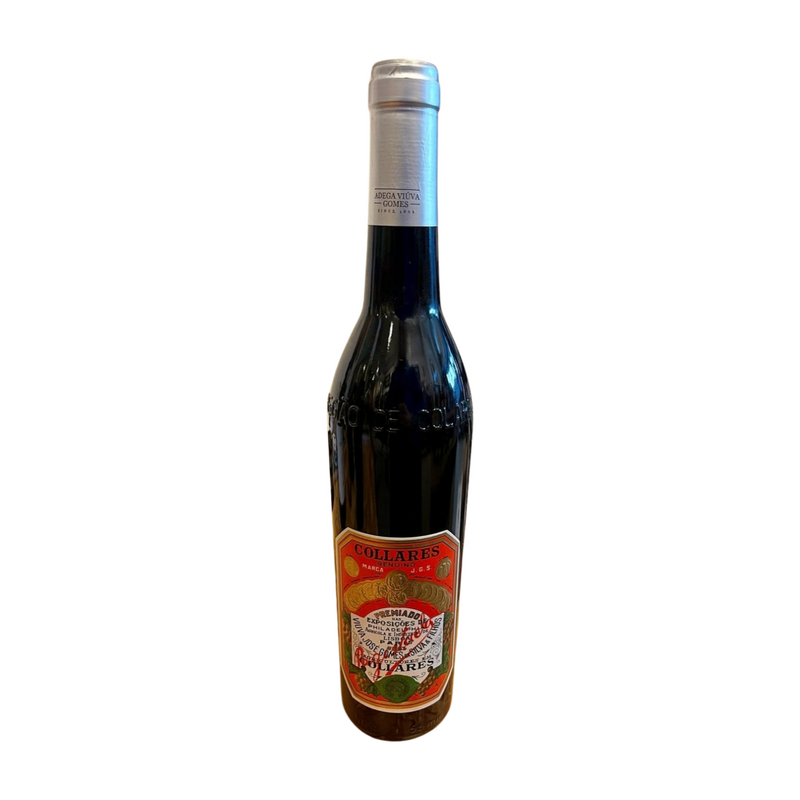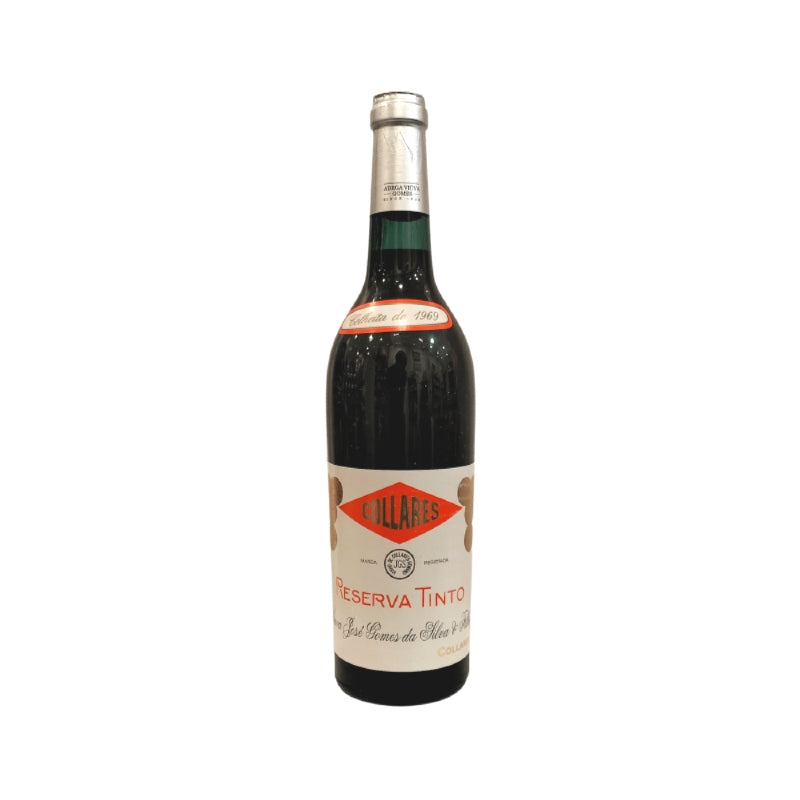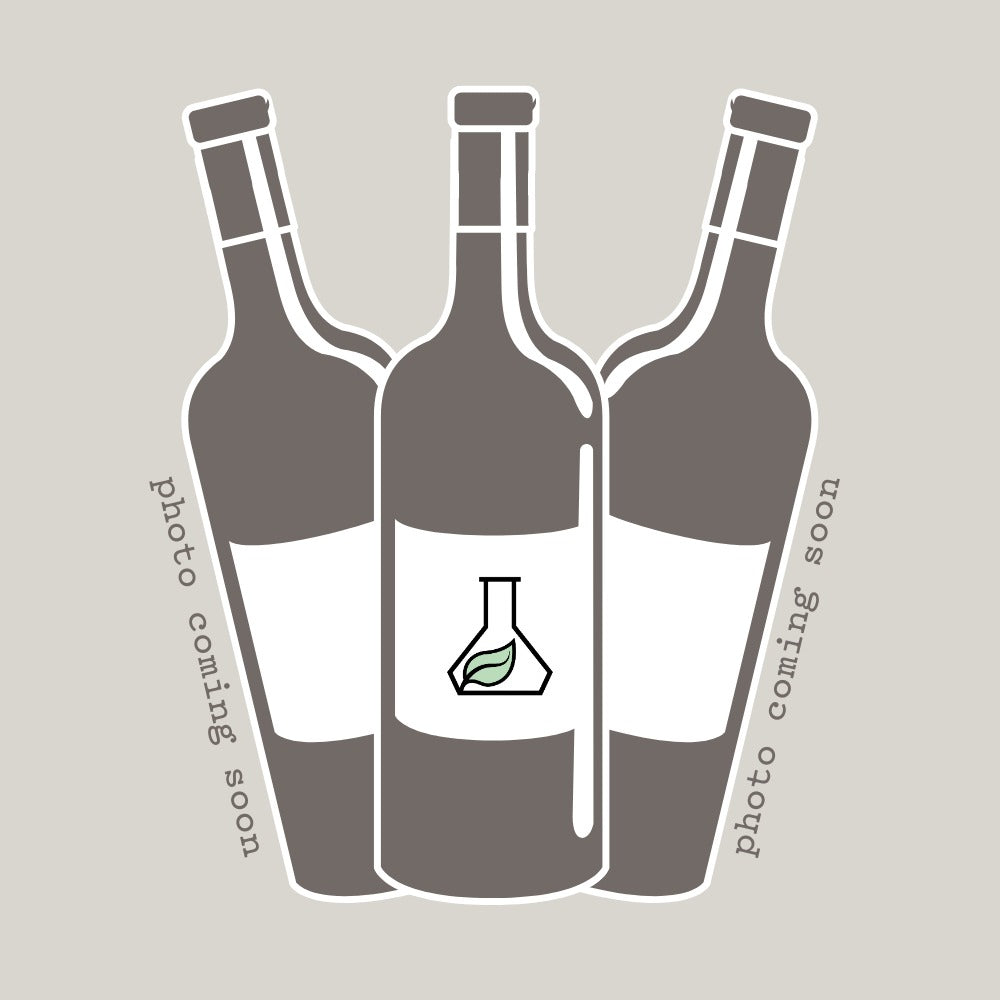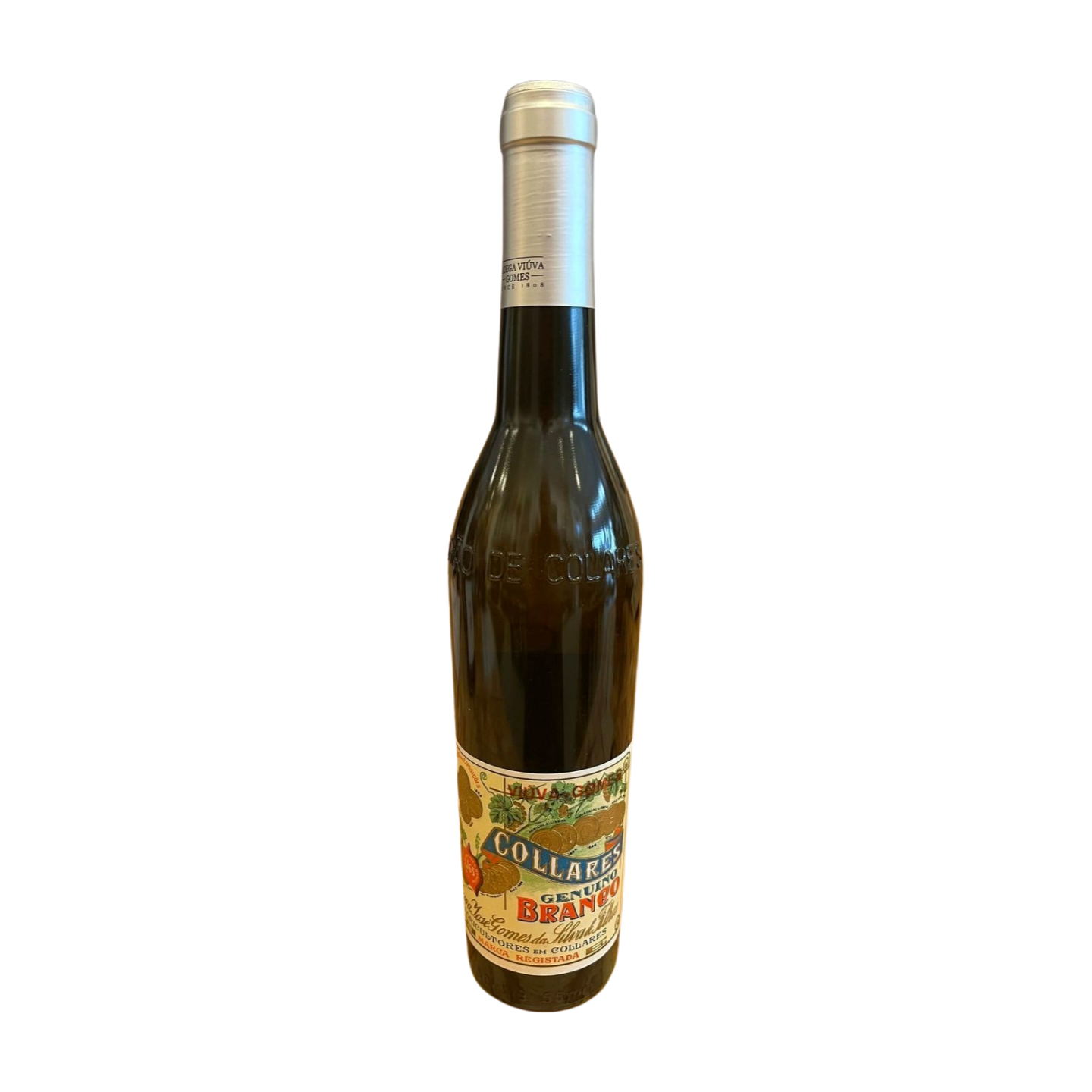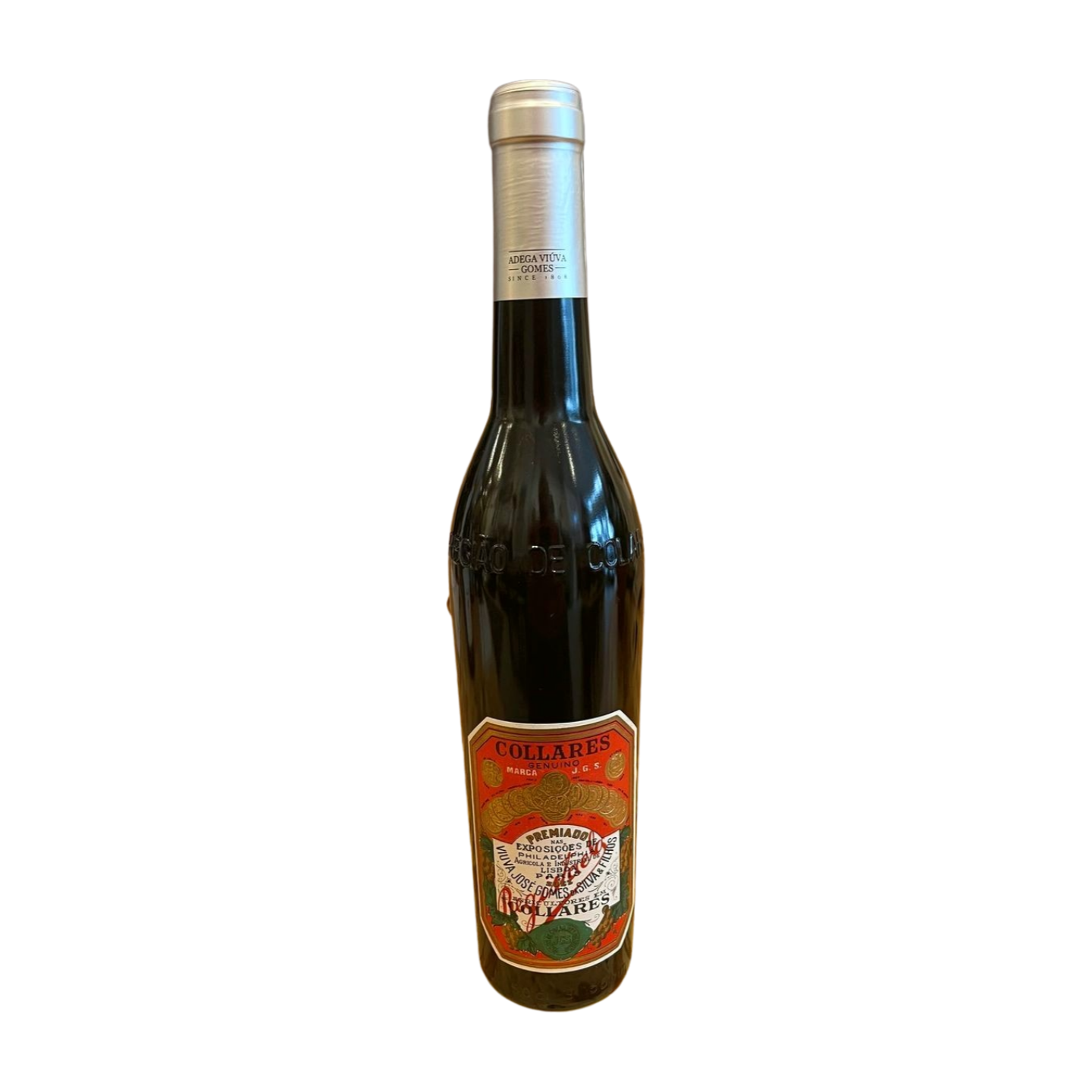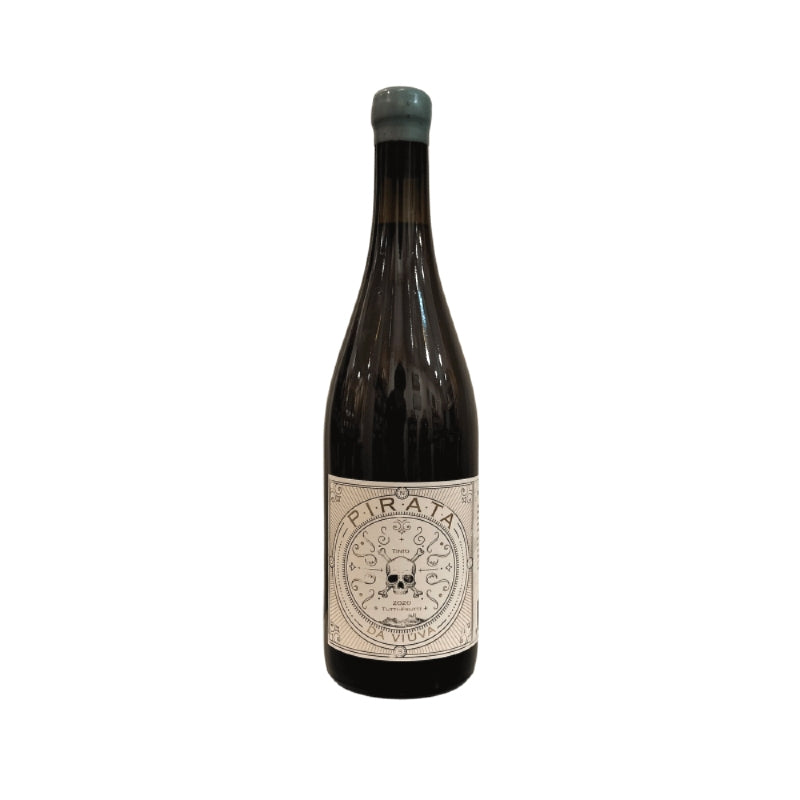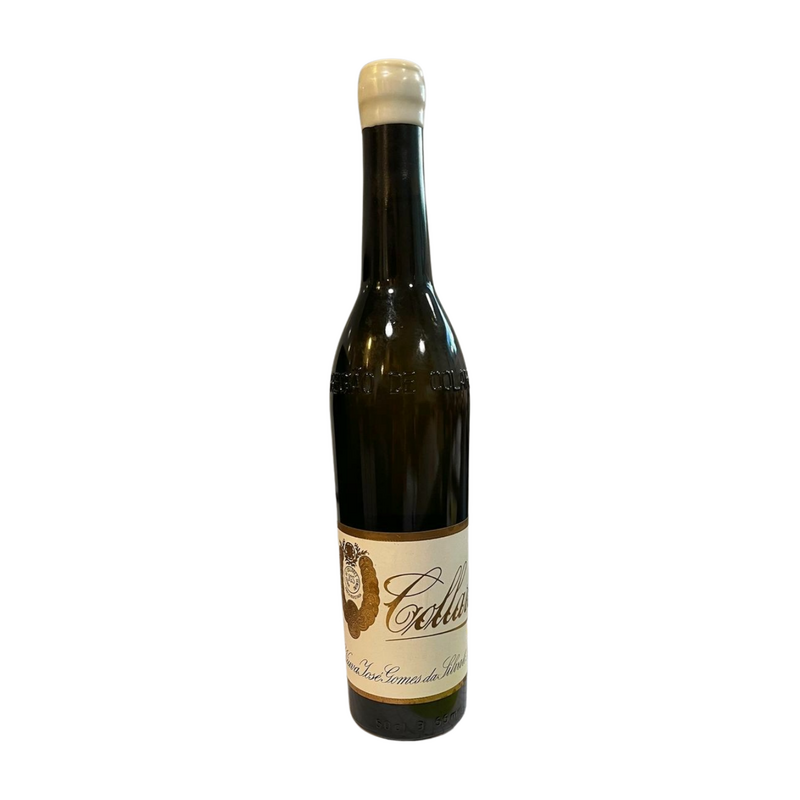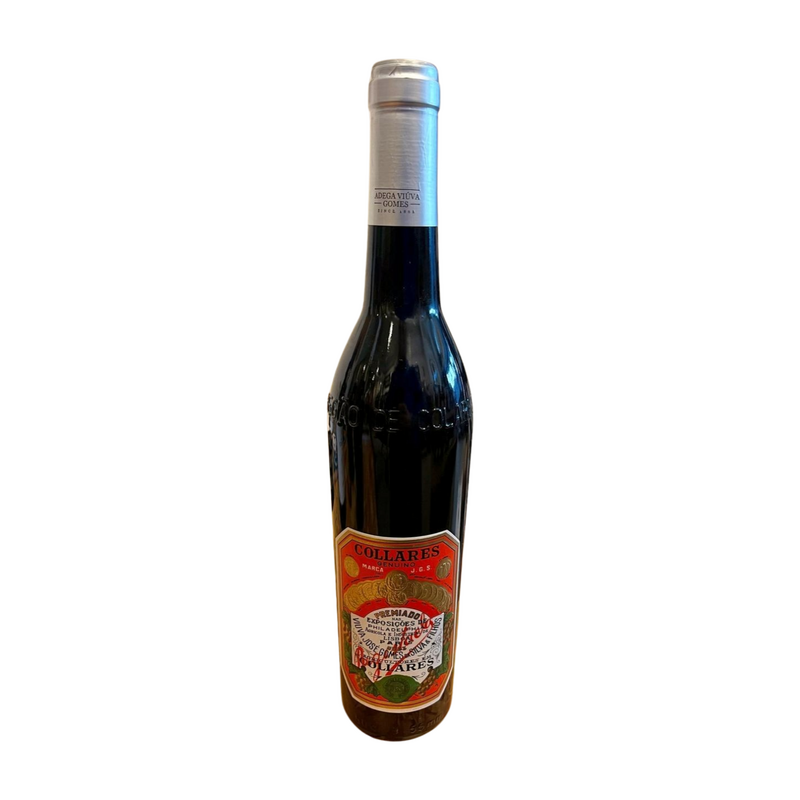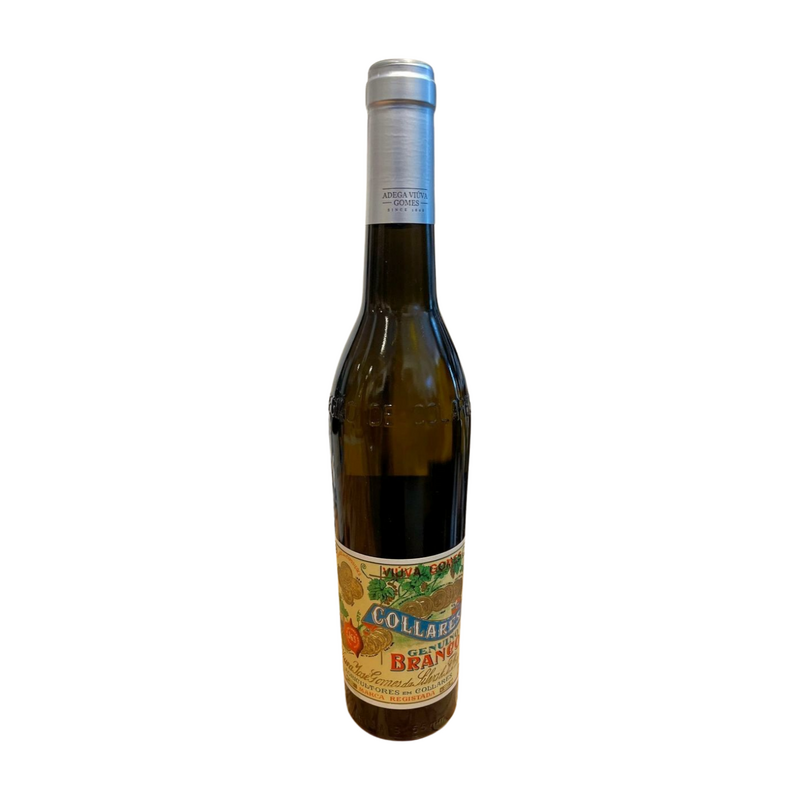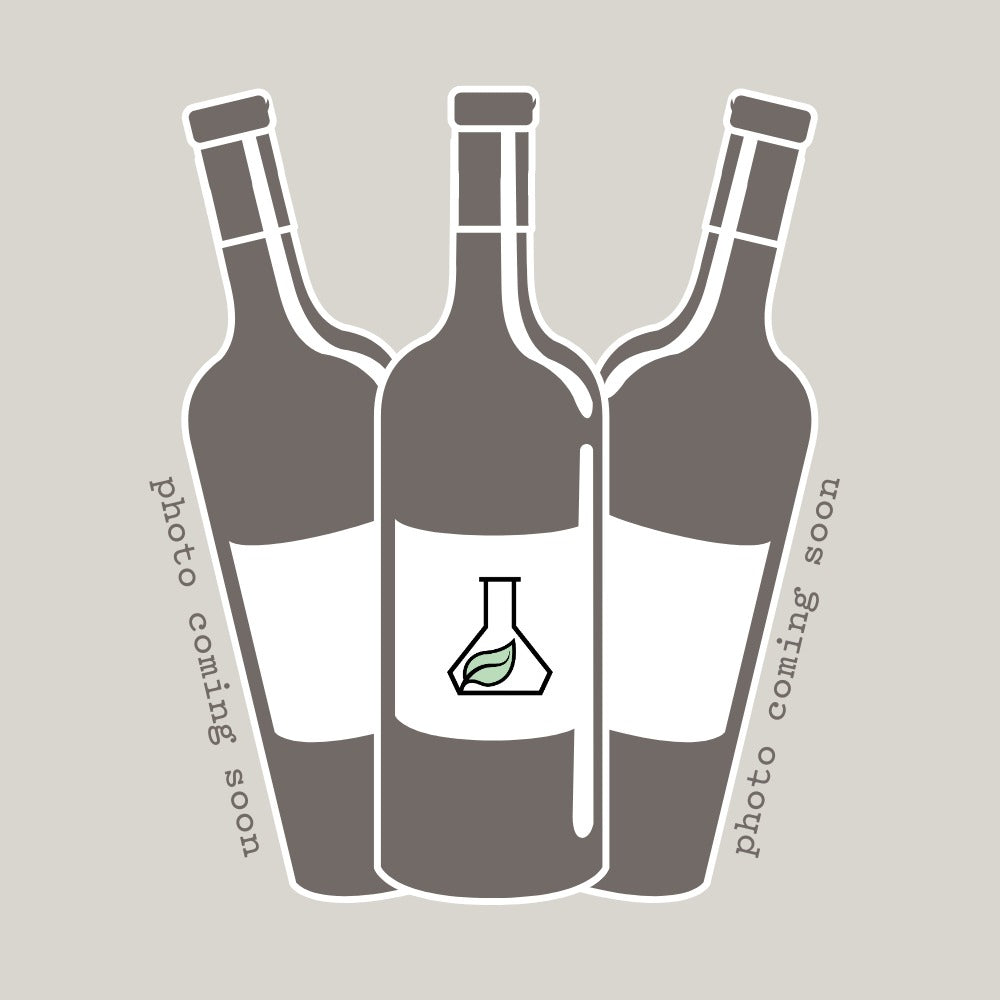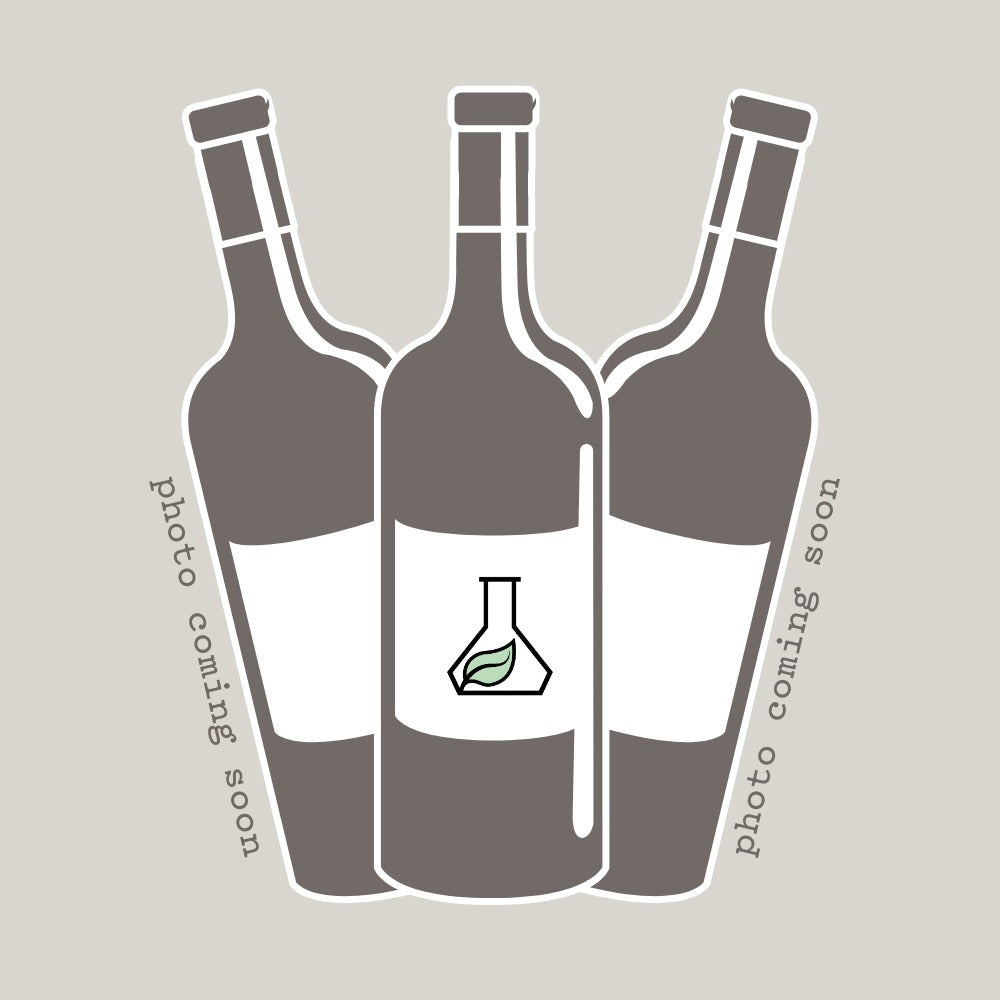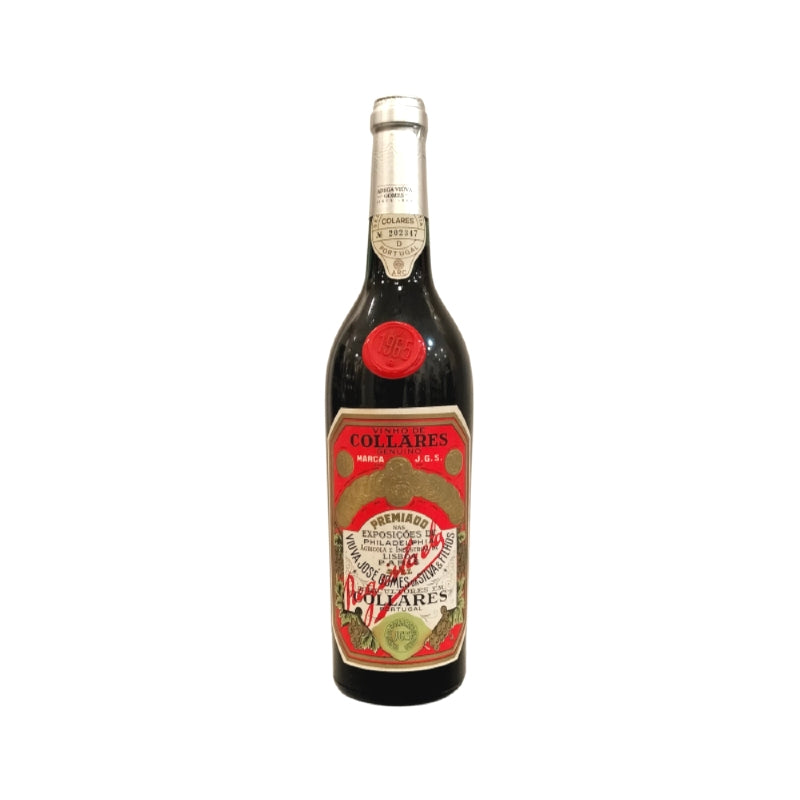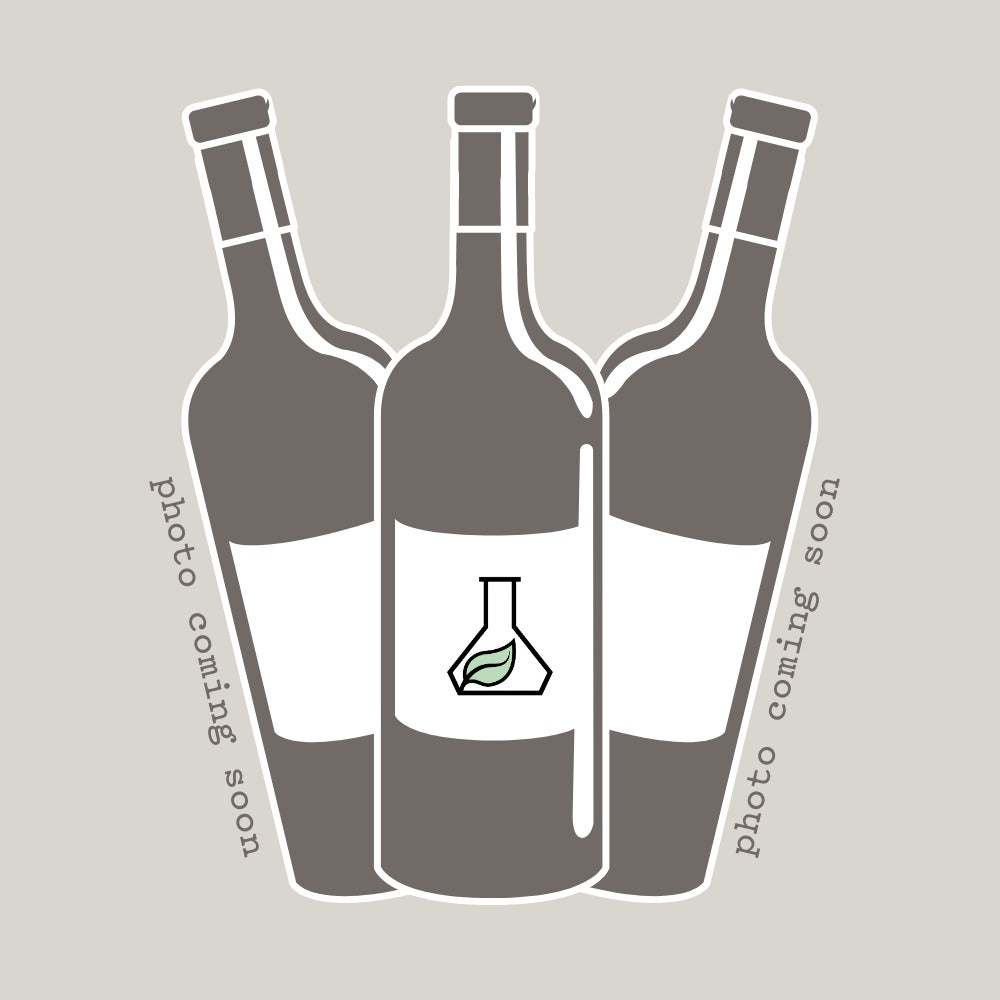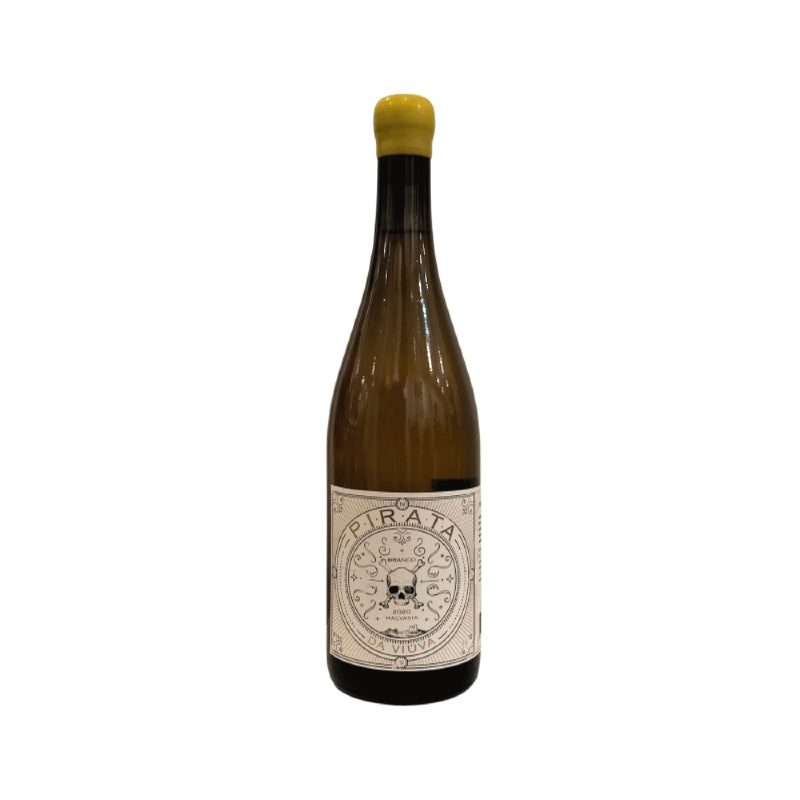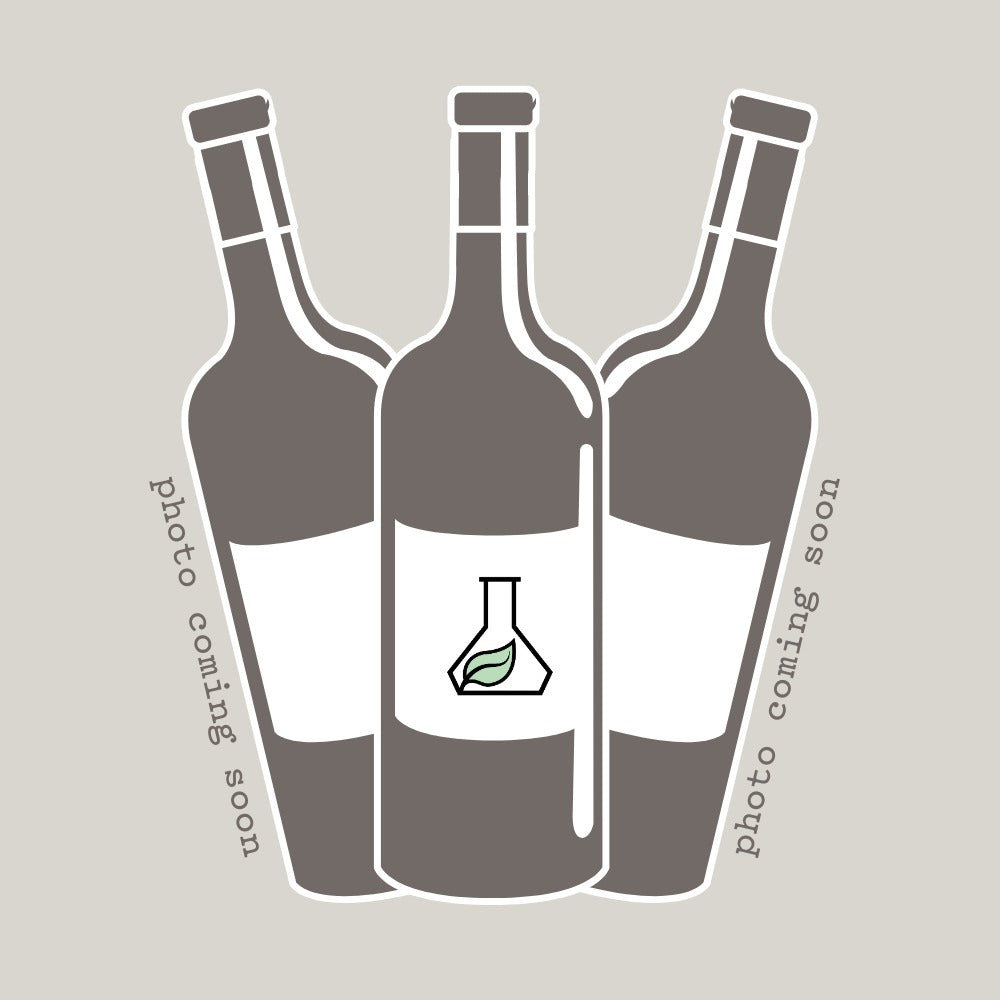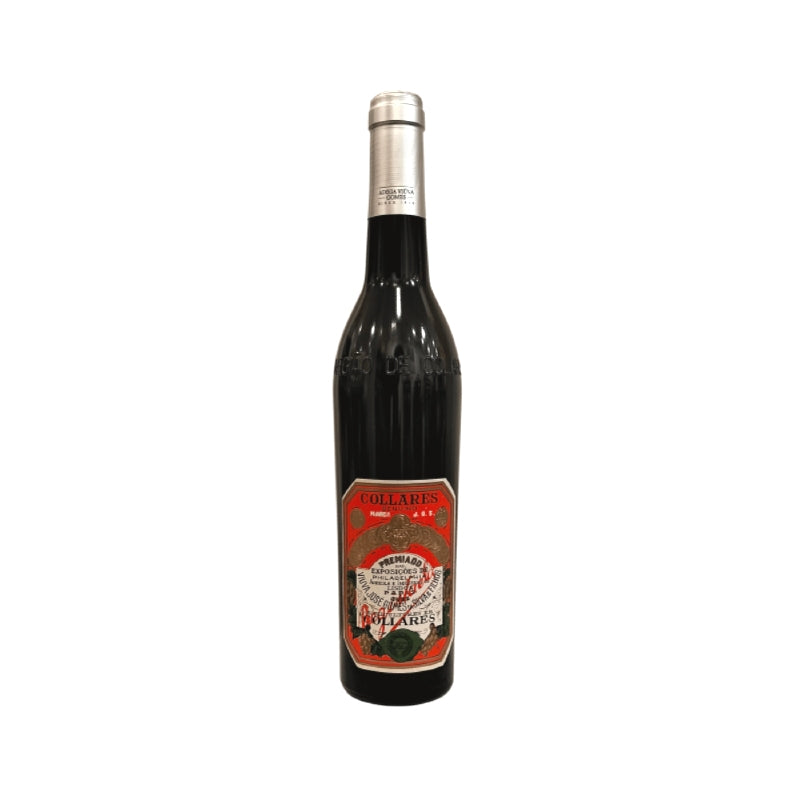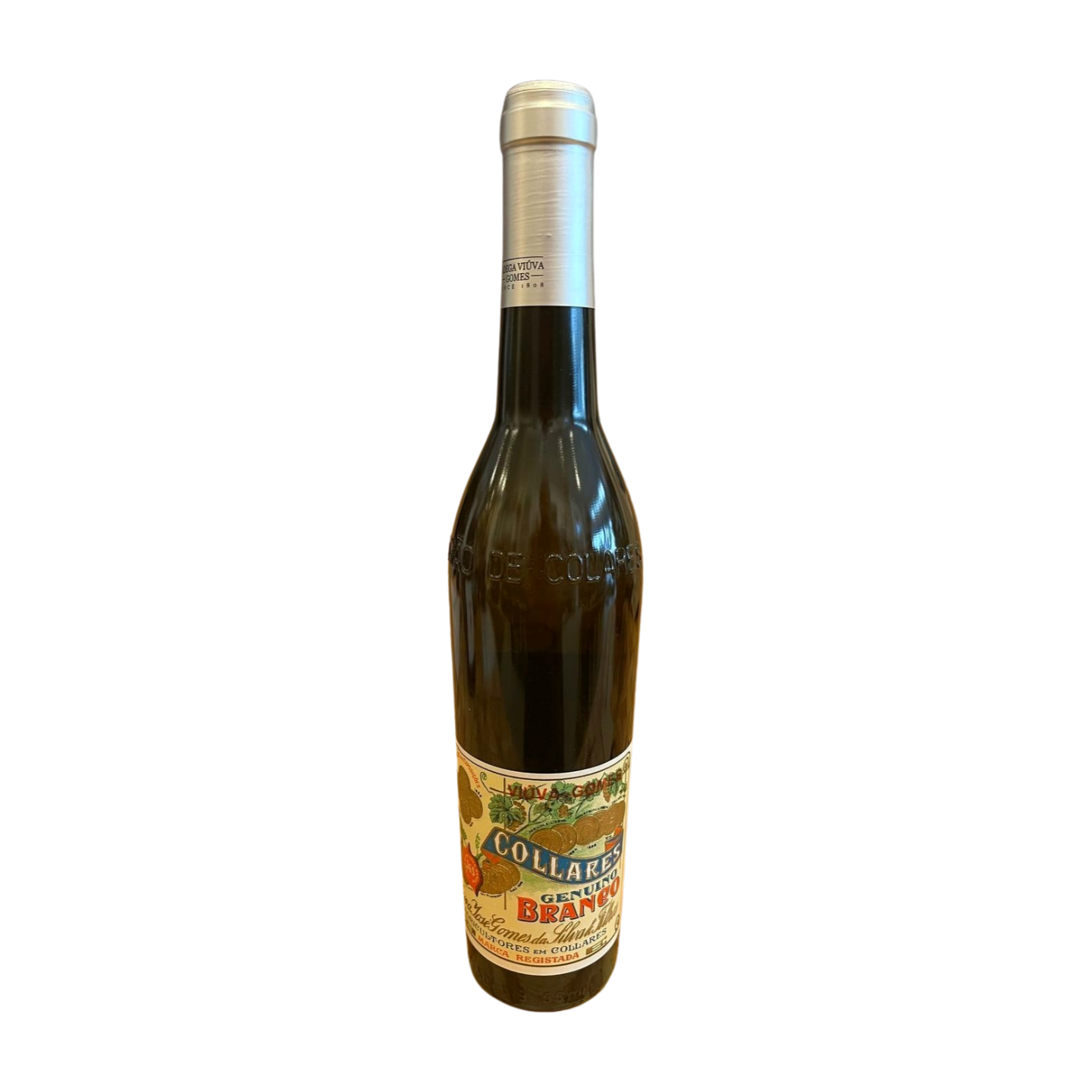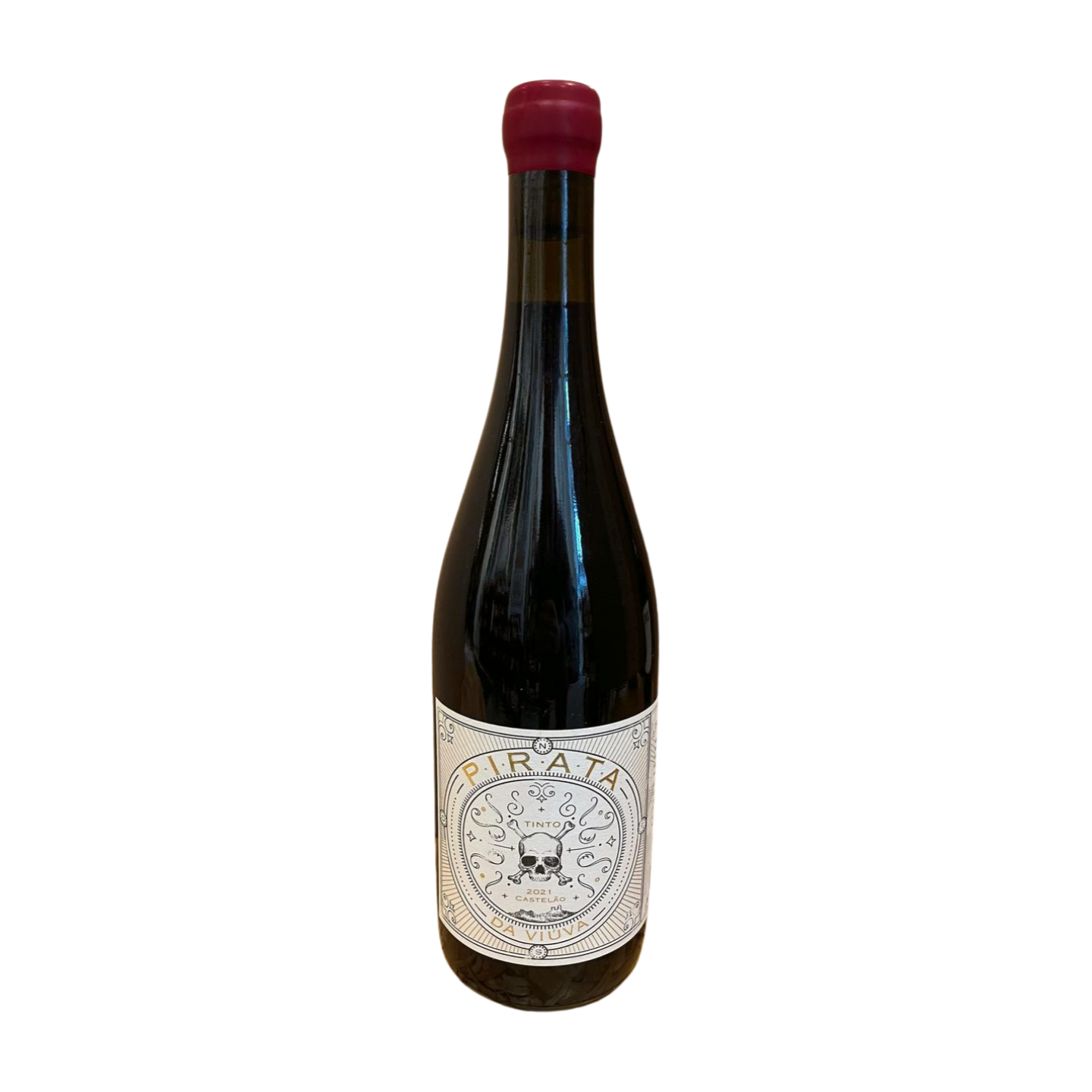Adega Viúva Gomes
Established in 1808, Adega Viúva Gomes in Colares, Portugal, boasts a rich history intertwined with the unique viticulture of the region. Wine production in Colares stretches back to Roman times, but it was King Afonso III of Portugal in 1230 who encouraged widespread vine cultivation. Viúva Gomes itself emerged in the early 19th century, becoming a pillar of the region's winemaking identity.
'Viúva' in the name means widow and comes from the founder of the business, 'Widow Gomes,' back in 1808. Since then, the company has been passed around, and it finally reached the hands of Jose Baeta in 1988, whose family has been in the food distribution business for decades. He decided to switch companies, which brought him a newfound passion for wine. This came with a blessing: in the year of the purchase, Diogo, who would become the future winemaker of Viúva Gomes, was born as well.
The adega came with a bonus, too; in the cellars, there were thousands of bottles from the best and highest-yielding harvests of the century, such as 1934, 1969, and so on, just waiting to be enjoyed. Although, there was a challenge. No one wanted to buy the wines due to the unpopularity of the area. Jose had to sit out for over a decade before things changed. After a while, old vintages of Colares became popular amongst wine geeks, and Adega Viúva Gomes became famous due to the stock at hand. However, this marked only the beginning of the future of the Adega.
Diogo Baeta, son of Jose, has evolved and taken Viúva Gomes to a new phase, planting their vineyards. These vineyards are in 'chão de areia' (sandy soils') and clay soils. The challenge is planting new vineyards in this area, which is quite risky. New vines must be planted in the clay soil underneath the sand, meaning a large pit must be dug. Digging this pit is a dangerous activity because sand over clay is unstable and may collapse. In the past, workers wore baskets on their heads to fight this issue so when sand collapses, there is some oxygen for people to breathe while getting out. So, as you may see, the effort behind a Colares wine is exceptional.
After planting their vineyards, Diogo Baeta created the 'Pirata' (pirate) range of wines to have more hands-off, natural-style wines in clay soil. The course of Viúva Gomes is giving new life to the area's heritage, which seems to be on the edge of extinction, while respecting ancestral practices and natural viticulture.

